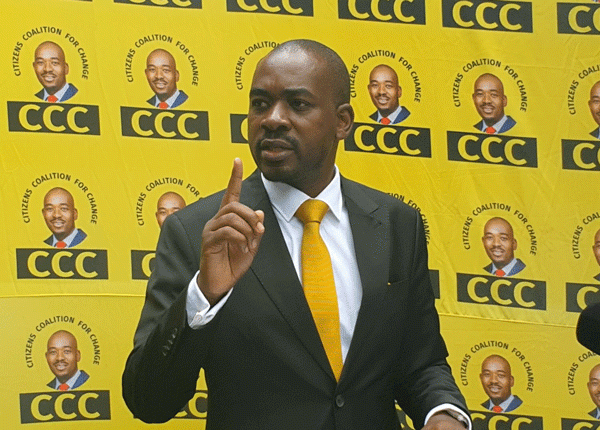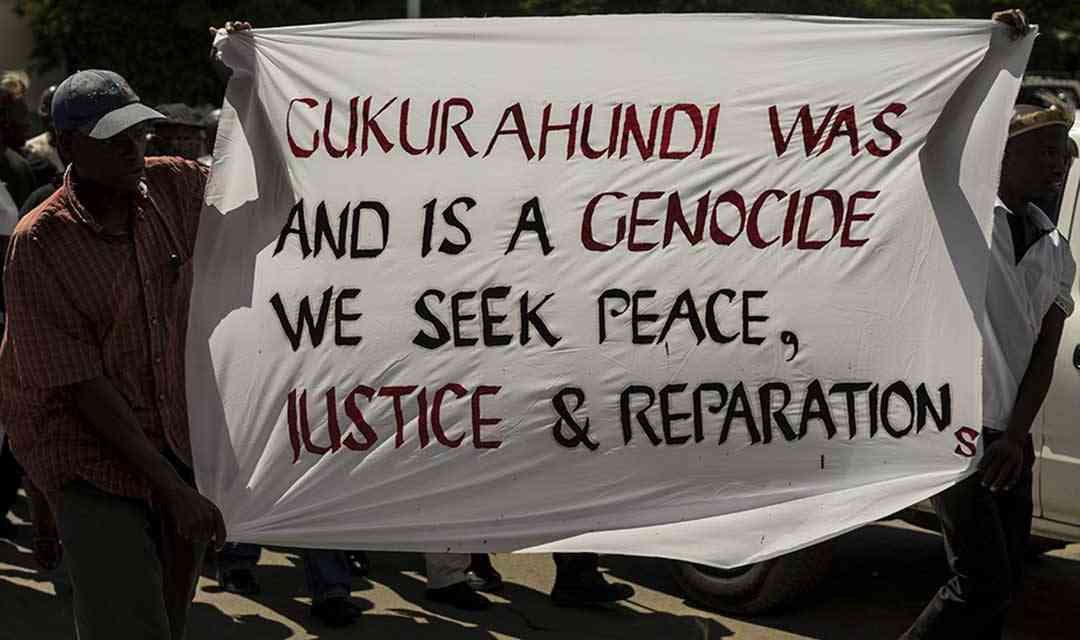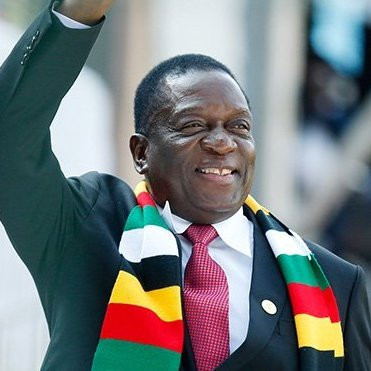
Two weeks ago, I left you dear reader with the task to decide who, between the two African leaders, Nelson Chamisa of Zimbabwe and Julius Malema of South Africa is a flat character and who is round. I first endeavored to define the two types of character theories and went on to explore the two leaders’ characters, reading them through the lens of the round and flat character theories.
In literature, a character is understood and evaluated through what they do, say and what other people say about them. Based on this, I have a few other issues to bounce off you dear reader to further understand these two leaders and check if what we present can be used to make leadership choices and if perchance the two leaders come across this article, they use it to learn about themselves and grow as leaders.
We all need to learn about ourselves to grow. Tools in people management such as The JOHARI Window, the Enneagram and Shirzad Chamine’s Saboteur Assessment are useful if one wants to explore the subject of understanding themselves. https://assessment.positiveintelligence.com/saboteur/overview. This you can do and it is for free. Jiddu Krishnamurti, an Indian philosopher, speaker, and writer, had this to say about self-knowledge, ‘Living is a study in consciousness, living without self-knowledge is pain.’ He went on to assert that, ‘You cannot help another unless you know yourself. Through self-awareness, one will find that in oneself is the whole…’
This means that a leader has a duty to understand himself first because his whole job sits in helping others in all sorts of ways. If it is true, for instance that the current ruling party is not the best for Zimbabwe, then Chamisa is placing himself in a position to assist and help Zimbabwean citizens to have better leadership and a better life. It is not possible for him to do this, according to Juddu, without first understanding himself.
One has to pass the test of life, which is to understand themselves and participate in the duty of helping others. To leave one’s personal space and work of self-understanding and want to help others is an exercise in futility and I believe that the many leadership gaps we see in all sorts of organizations and entities are leadership issues. Many leaders tell themselves that they are messiahs and set out, with their character flaws to help others.
If it is true also that the current ruling party is oppressive, then Chamisa has the job of setting the oppressor free as Paulo Freire says it is the duty of the oppressed to liberate the oppressor. This comes as another form of helping and Chamisa cannot achieve this without self-understanding. He has a lot of work to do on himself. Malema has a lot of work to do on himself also if he is to make a mark in South Africa and in Africa as a whole as he seems set to do that.
Let’s now go back to some specific issues that I would like us to use to read the two young leaders. Both Malema and Chamisa have had to work hard to improve themselves intellectually after not being able to move from high school to varsity. Malema is said to have gone to the level of holding a Master’s Degree in some academic area, which is commendable.
He speaks about how he escaped from being made to enjoy expensive whiskeys with the elderly ANC leaders in the past, where they never really tried as elderly leaders to educate and guide the young Malema in the direction of growth and improvement for the future. One sort of senses the growth cognitively and intellectually when Malema speaks. He gave the Hard Talk television show presenter, Stephen Sackur a torrid time with his hard questions. In that regard it is commendable for him to have gone that route, setting a good example for the young in South Africa.
- Chamisa under fire over US$120K donation
- Mavhunga puts DeMbare into Chibuku quarterfinals
- Pension funds bet on Cabora Bassa oilfields
- Councils defy govt fire tender directive
Keep Reading
Chamisa did not directly go to the University of Zimbabwe like leaders such as Fortune Mguni, the late, Learnmore Jongwe, Bekithemba Mpofu, and many others, but first went to the Harare Polytechnic where he is supposed to have studied journalism before he later went to the UZ to study law. Although this may appear to many as intellectually lacking for him to have failed to obtain the required Advanced Level (A’ Level) points to go directly to varsity, I think it is commendable that the young leader took advantage of the opportunity to proceed to varsity when it presented itself.
So, we see similarities there between the two regarding their quest for intellectual self-improvement. Does this mean that it helps in terms of self-knowledge? No, it does not, hence my saying earlier that they both have a lot of work to do on themselves.
The two young leaders hold different philosophical and religious convictions. Malema is not known as a religious man. Yes, he might have his religious convictions, but he does not make them part of his political trajectory. Maybe he prays with his family, we do not know. I am aware that he once visited the late Nigerian prophet T.B Joshua, but that was the last I heard of his dance with religion.
He, however, runs with the communist convictions, hence the red colours we see in the EFF. This has been read by some as a weakness because of the challenges the current world has faced in the hands of communism. It is felt that it is a system too archaic and old school for a young leader. Having read Malema as a round character, it is hoped that he will do the Mugabe shift where he just moved from being a comrade to ESAP, which was total capitalism and came with the tightening of belts mantra. Communism has been read as a rigid philosophy that does not allow the induvial to thrive.
Chamisa’s conviction is Christian, and he is not apologetic about that and even runs by the motto, ‘God is in it.’ The challenge with religion is that it is a belief issue with no clear knowledge for many. One believes after listening to someone else’s story, who tells them that there is a place called heaven and that they need to be a good boy to go there and spend eternity. It is, therefore, something that should be left to choice and should not be imposed on those, who have not received Christ the way Christians put it. Its speculative nature is Chamisa’s declaration that he was winning because God was in it, only to lose, whether by hook or crook we do not know. A leader who comes forward with a religious conviction presents a threat to democratic principles. We have had, however, good leaders like Barrack Obama who in his book The Audacity of Hope, declares himself a Christian, but makes it clear that does not force his faith on anyone else.
Dear reader, there you have my opinion about the two young leaders, and you are free to share your own.
- Bhekilizwe Bernard Ndlovu’s training is in human resources training, development and transformation, behavioural change, applied drama, personal mastery, and mental fitness. He works for a Zimbabwean company as human capital executive, while also doing a PhD with Wits University where he looks at violent strikes in the South African workplace as a researcher. Ndlovu worked as a human resources manager for several blue-chip companies in Zimbabwe and still takes keen interest in the affairs of people and performance management. He can be contacted on [email protected].











